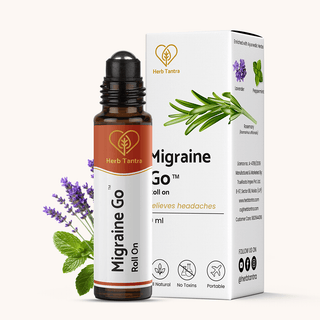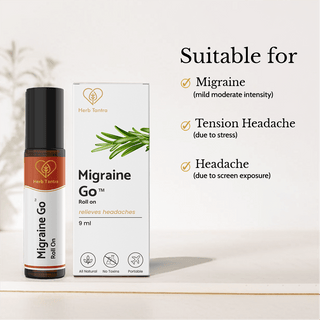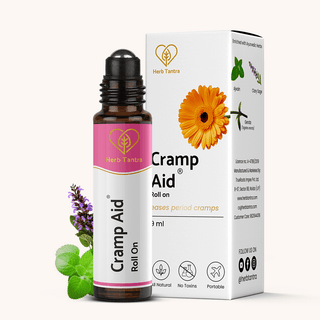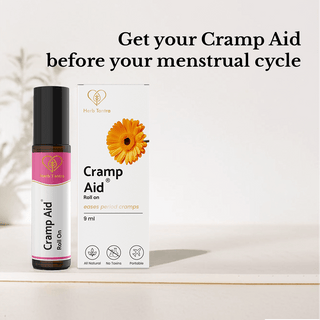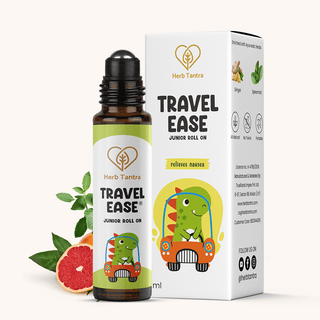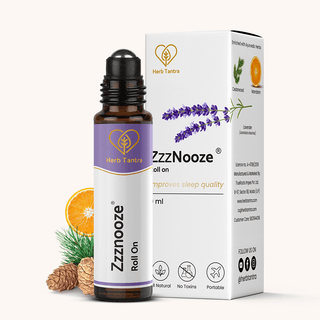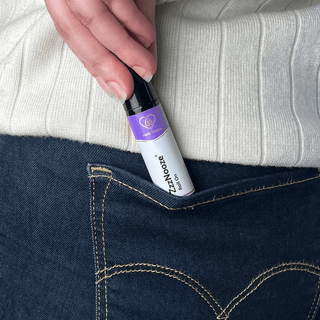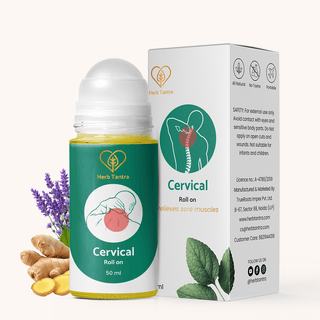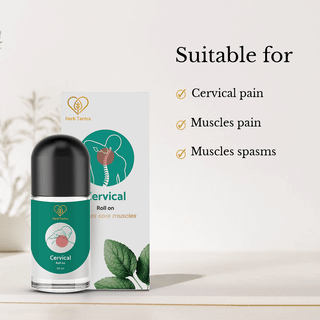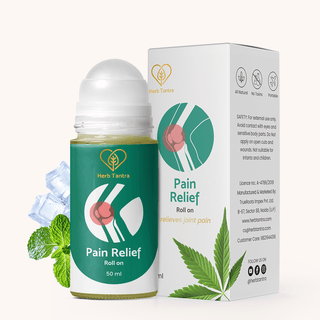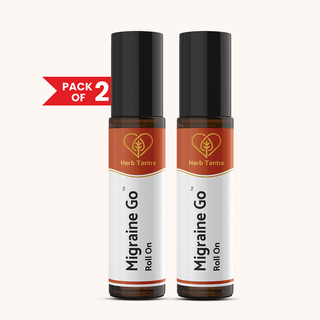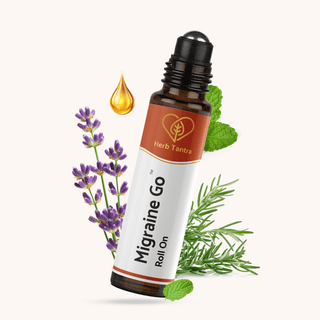Most of us reach for a cup of coffee or something sweet when we’re tired or stressed—it feels comforting, almost like a tiny reset. But for people dealing with stress and anxiety, caffeine and sugar can quietly make things worse. They overstimulate the nervous system, disturb sleep, and amplify symptoms like racing thoughts, irritability, and heart palpitations.
In this guide, we’ll understand why caffeine and sugar worsen anxiety symptoms and how natural habits and Ayurvedic remedies can help restore calm.
How Caffeine Triggers Anxiety
Caffeine stimulates the central nervous system, increasing alertness by blocking adenosine (the brain chemical that makes you feel sleepy). In small amounts, this feels great—it boosts focus and energy. But too much caffeine causes your stress hormones (like cortisol and adrenaline) to spike.
As a result, your body goes into “fight-or-flight” mode—similar to how it reacts to actual danger. This leads to -
- Faster heart rate
- Restlessness and jitteriness
- Difficulty concentrating
- Anxiety attacks or panic symptoms
- Insomnia and fatigue the next day
Tip - If you often feel restless or anxious after coffee, switch to caffeine-free calming alternatives like Herb Tantra’s Calm Down Herbal Tea. Made with Butterfly Pea, Lemongrass, Mulethi, and Chamomile, it supports relaxation and helps your mind slow down naturally—without the crash.
The Sugar-Anxiety Connection
Sugar gives you a quick burst of energy, but it also triggers a rollercoaster effect in your blood sugar levels. When blood sugar spikes, insulin is released to bring it down quickly. This sudden drop can cause -
- Fatigue and irritability
- Brain fog
- Increased stress hormones
- A surge in anxiety and low mood
Over time, excessive sugar consumption interferes with your body’s ability to regulate serotonin, the “feel-good” hormone responsible for emotional stability. That’s why many people with chronic stress or anxiety experience sugar cravings—they’re unknowingly trying to self-soothe through dopamine release.
Ayurvedic Insight - Instead of refined sugar, use natural sweeteners like jaggery or honey. They provide energy without the sharp crash and also support digestion and hormonal balance.
How Caffeine and Sugar Affect Sleep and Cortisol
One of the most overlooked effects of caffeine and sugar is how they disrupt your circadian rhythm—your natural sleep-wake cycle.
- Caffeine blocks sleep-inducing hormones, making it harder to fall asleep even hours after your last cup.
- Sugar keeps your body in a state of alertness and can cause night-time awakenings or vivid dreams.
- Together, they elevate cortisol levels, leading to chronic fatigue, anxiety before bed, and poor mental recovery.
To reset your body clock, try an evening ritual - switch your coffee for Calm Down Herbal Tea, dim the lights, and apply Herb Tantra’s Calm Down Roll On on your wrists and behind your ears. Infused with Lemon, Patchouli, and Geranium, this non-sticky, all-natural blend instantly relaxes your mind and eases tension before bed.
The Physical Signs of Stress and Anxiety You Shouldn’t Ignore
Long-term caffeine and sugar consumption under stress can lead to chronic symptoms like -
- Frequent headaches and fatigue
- Tightness in the chest or rapid heartbeat
- Irritability and restlessness
- Stomach discomfort or bloating
- Poor sleep and brain fog
These are early warning signs that your body is overwhelmed by stress hormones. Reducing stimulants and introducing calming, grounding rituals can help balance your system.
Natural Ways to Ease Anxiety and Support Calm Energy
- Start Your Morning Mindfully – Replace your first cup of coffee with warm water and lemon or herbal tea. It hydrates and gently energizes.
- Eat Balanced Meals – Include complex carbs, protein, and healthy fats to stabilize blood sugar.
- Practice Breathing Exercises for Anxiety – Deep belly breathing or alternate nostril breathing lowers heart rate and cortisol levels.
- Move Daily – Light yoga or a walk outdoors increases serotonin and reduces chronic stress.
- Integrate Herbal Support –
- Calm Down Roll On - Quick stress relief anytime, anywhere.
- Calm Down Herbal Tea - A caffeine-free evening ritual for better sleep.
- Calm Down Junior Roll On - For children above 2 years, this gentle blend of Cedarwood, Patchouli, and Geranium eases restlessness and hyperactivity naturally.
Together, these daily rituals from Herb Tantra’s Stress Relief Range create small, mindful pauses that allow your body to rest, reset, and find calm.
Building a Healthier Relationship with Energy
You don’t have to quit coffee or sweets entirely—balance is key. The goal is to become more aware of how your body reacts. Notice when caffeine triggers anxiety or when sugar crashes your mood. Replacing those habits with grounding Ayurvedic alternatives helps you maintain energy without overstimulation.
Remember, calm is not a luxury—it’s a biological need. When you nurture your nervous system with rest, mindful movement, and natural support, your mind learns to stay balanced even during chaos.
FAQs
1. Why does caffeine make my anxiety worse?
Caffeine triggers the release of stress hormones like cortisol and adrenaline, which can heighten anxiety symptoms and disrupt sleep.
2. Can quitting sugar help with anxiety and mood swings?
Yes. Reducing sugar stabilizes blood sugar levels and supports serotonin balance, which improves mood and focus.
3. What are natural alternatives to caffeine for energy?
Herbal teas like Calm Down Herbal Tea with Lemongrass and Butterfly Pea gently energize while keeping the nervous system calm.
4. How can I relax after consuming too much caffeine?
Practice deep breathing, hydrate well, and apply Calm Down Roll On on your wrists and temples to soothe tension.
5. Can children experience restlessness due to sugar?
Yes. Sugar spikes can cause hyperactivity and poor sleep. Use Calm Down Junior Roll On to help calm their mind naturally.




